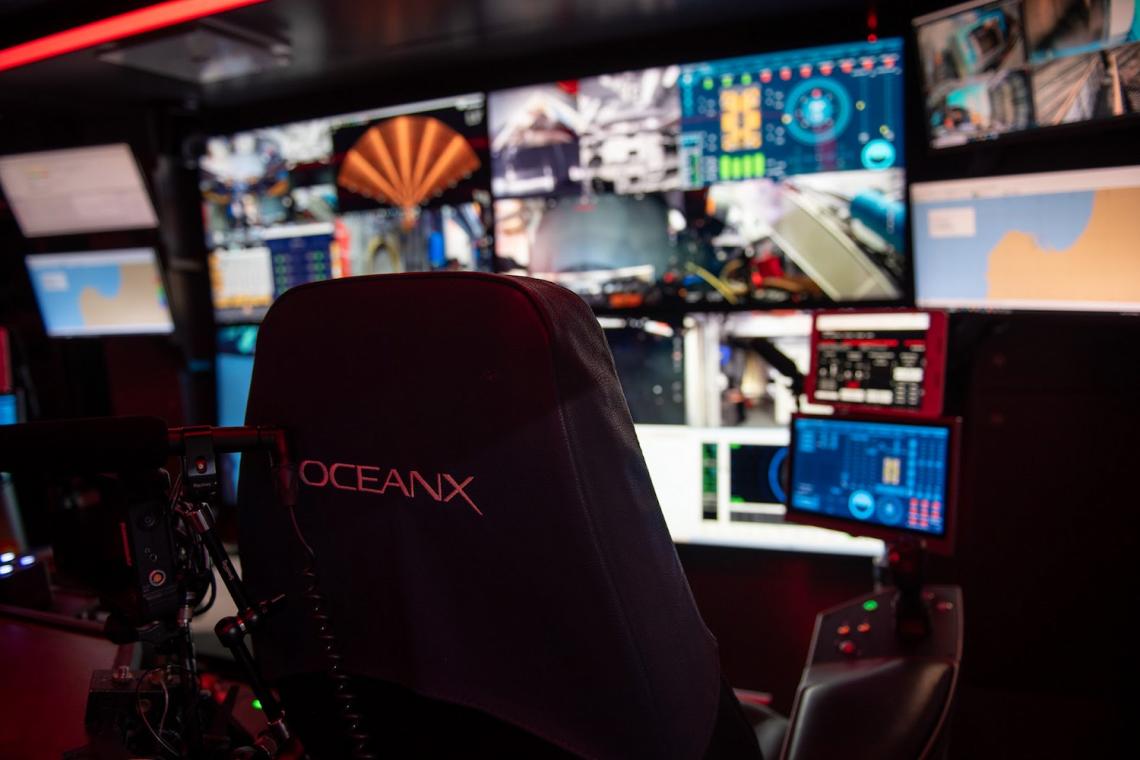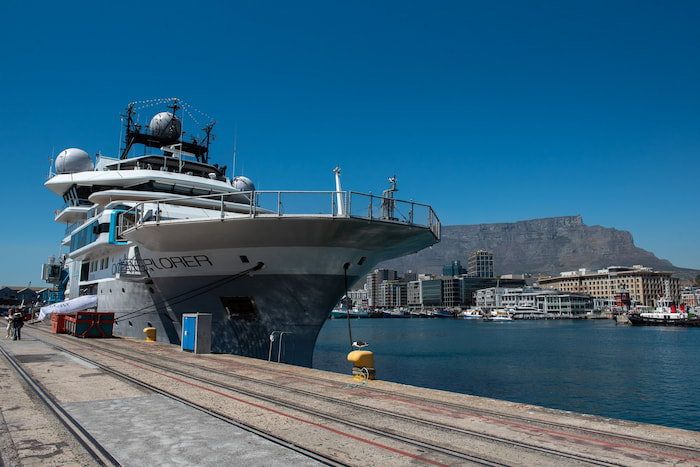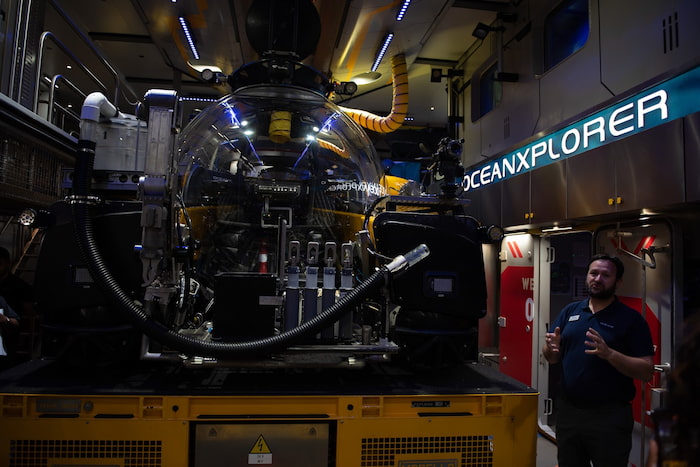OceanX's African Voyage: More Than Just Data – a New Era for Marine Science.

The four-month joint expedition by OceanX and OceanQuest has wrapped up the Around Africa Expedition, delivering groundbreaking insights into the continent’s deep-sea environment and bolstering scientific capacity across Africa. Conducted from January to April, the mission surveyed nearly 150,000 km² of previously unmapped seafloor and gathered vital oceanographic data across key marine regions.
Expedition Route and Activities
Sailing from Moroni in the Comoros Archipelago, the OceanXplorer research vessel and submersibles Neptune and Nadir navigated the Mozambique Channel, Madagascar Ridge, Agulhas Plateau, the Benguela Current System, Walvis Bay, Cabo Verde, and concluded in Las Palmas, Canary Islands. OceanXplorer completed eight remotely operated vehicle (ROV) dives totalling 21 hours underwater—including the first visual surveys of the deep flanks of Walters Shoal and a newly mapped seamount on the southern Madagascar Ridge—while Neptune and Nadir executed nine dives, collecting 41 biological and geological samples over 32 hours.

Key Findings
The extensive fieldwork engaged 69 scientists from 31 countries and 29 institutions in deep-sea dives, biodiversity sampling and high-resolution oceanographic mapping. The expedition’s key findings include the high-resolution mapping of seamounts critical for fisheries and habitat protection, detailed analysis of ocean currents to better understand regional climate patterns, and new data on marine microbes and aerosols, which play essential roles in carbon storage and ocean food chains. “This is not just a scientific achievement, but a continental one,” says Vincent Pieribone, co-CEO and Chief Science Officer for OceanX. “The knowledge gained here belongs to Africa and will benefit research and scientific communities for generations to come.”
Capacity Sharing and Training
Capacity-sharing was central to the expedition, with 306 students, educators and early-career professionals from across Africa taking part in training and outreach initiatives. Dr Lara Atkinson, Marine Offshore Scientist at the National Research Foundation – South African Environmental Observation Network (NRF-SAEON), said, “The opportunity to conduct deep-sea research alongside an international team, with African scientists leading key legs, was a turning point.” Meanwhile, Dr Yara Rodrigues, Executive Vogal at Instituto do Mar in Cabo Verde, noted: “Being part of this expedition felt like reclaiming our narrative in ocean science. We weren’t just collecting data, we were shaping the future of marine knowledge in Africa, based on our needs, in our waters.”

Science Diplomacy and Leadership
The mission also advanced science diplomacy, hosting visits from high-level officials, including South Africa’s Minister of Environment, Forestry and Fisheries Dion George, Minister of Tourism Patricia De Lille, Cabo Verde’s Minister of the Sea Jorge Santo, and President José Maria Neves. As Patron of the United Nations Decade of Ocean Science for Sustainable Development, President Neves reaffirmed his country’s leadership in marine conservation and sustainable blue development. “These high-level engagements,” says Martin Visbeck, Chief Executive Officer of OceanQuest, “underscored regional commitment to ocean science and sustainability, enhanced cooperation across the continent, and demonstrated both Africa and Cabo Verde’s growing leadership in addressing the most pressing challenges facing our oceans.”
Looking Ahead
Although the vessels have returned to port, the real work is only beginning. Scientists across Africa and globally will now analyse the trove of data to inform environmental policy, support sustainable fisheries, guide marine conservation, and strengthen Africa’s leadership in ocean science. “This is just the start,” says Pieribone. “We’ve built the foundation for a new age of African-led research, and now the real impact begins. Our goal is that the discoveries made and the partnerships formed during this expedition will continue to shape policy, support conservation efforts, and inspire the next generation of ocean explorers.”
This article was curated, reviewed, and verified by the Conservation Mag team.
Information provided by Tribeca Public Relations.
Discuss this article
Clicking links may earn us commission. . Stock images by Depositphotos.
Subscribe: Stories about wildlife, habitats and heroes
Welcome to Conservation Mag where we celebrate nature preservation through ecotourism and wildlife travel while we look for ways to preserve our heritage by supporting nature conservation. Starting conversations about the positive action people like you and I are taking to make a change.
Quick Links
Work With Us
![]()

